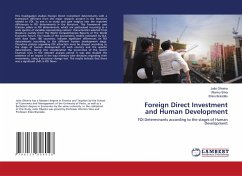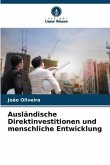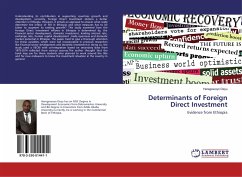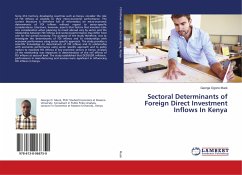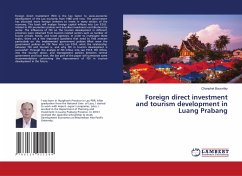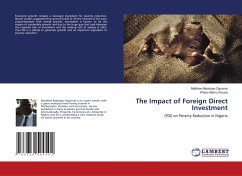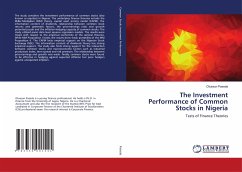This investigation studies Foreign Direct Investment determinants with a framework different from the major research present in the literature related to FDI. Its aim is to study and give insights into the reported differences in FDI determinants in the literature. This framework uses thirteen pillars as FDI determinants, which are synthesized recurring to a wide spectre of variables representing nations' characteristics selected from literature namely from The World Competitiveness Reports of The World Economic Forum. The results of the econometric models estimated by GLS, with data from 186 countries, indicate significant differences on FDI determinants according to the different human development stage. Therefore policies regarding FDI attraction must be shaped according to the stage of human development of each country and the specific determinants. Taking into consideration the occurrence of the recent financial crisis in the selected analysis period it was also studied the existence of an impact in the way investors take decisions regarding their investments, using a structural change test. The results indicate that there was a significant shift in FDI flows.
Bitte wählen Sie Ihr Anliegen aus.
Rechnungen
Retourenschein anfordern
Bestellstatus
Storno

